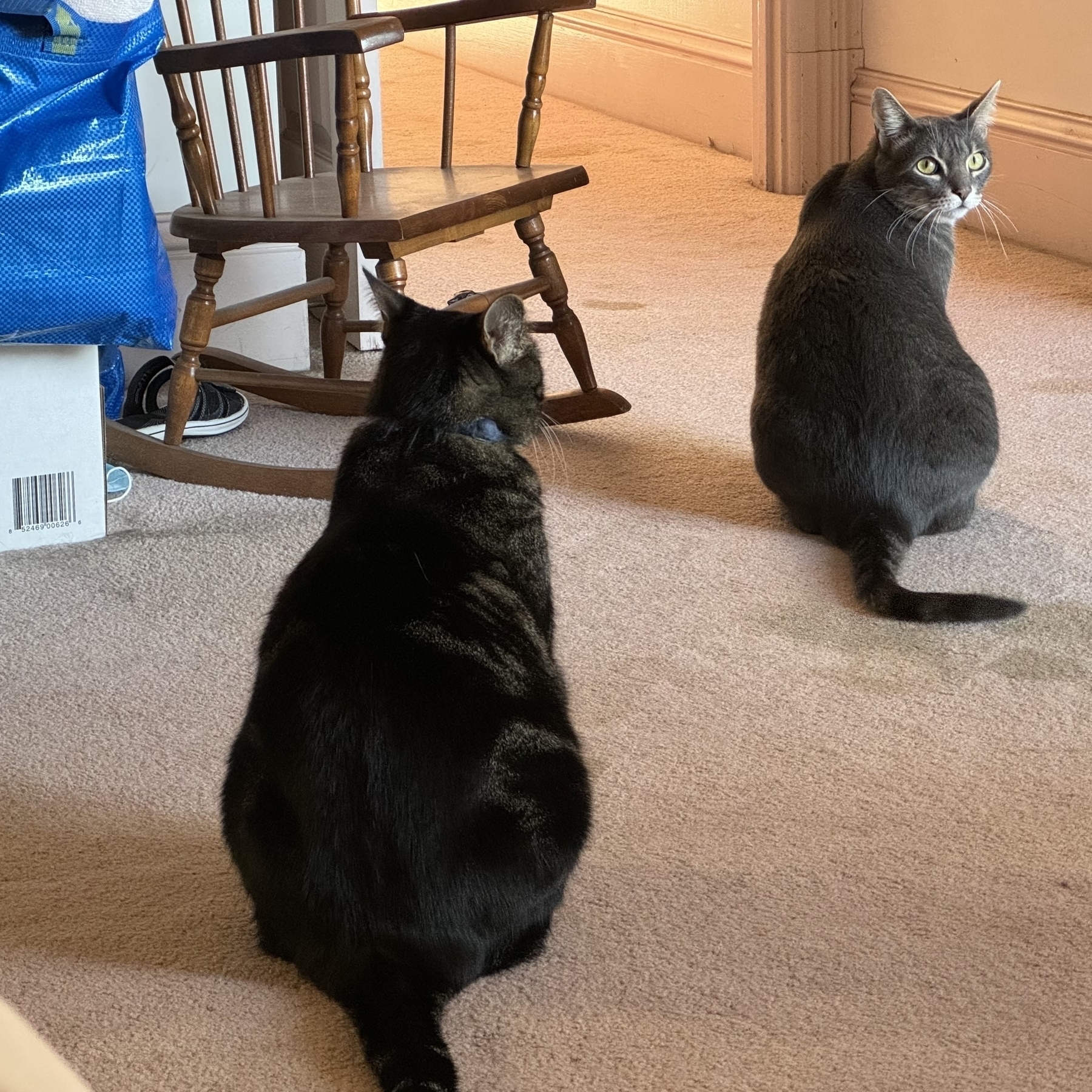pets
Waking up to KMFDM blasting in the bedroom, a very surprised looking cat, and the HomePod she just accidentally coaxed into life by sniffing the top of it.
June Bug, the new kitty, is mad at me for flinging her off the bed last night. By extension, so is my wife. But here’s how it went at 2AM:
Cat sees my ankle under the blanket, watches it, then pounces on it and bites it. I laugh and say stop that, kitty. I go back to sleep.
Cat sees my knee under the blanket, watches it, then pounces on it and bites it. I laugh and say stop that, kitty. I go back to sleep.
Cat sees my middle under the blanket, watches it, then pounces on it and 🐈🪽💨.
June Bug is starting to relax into her new home.
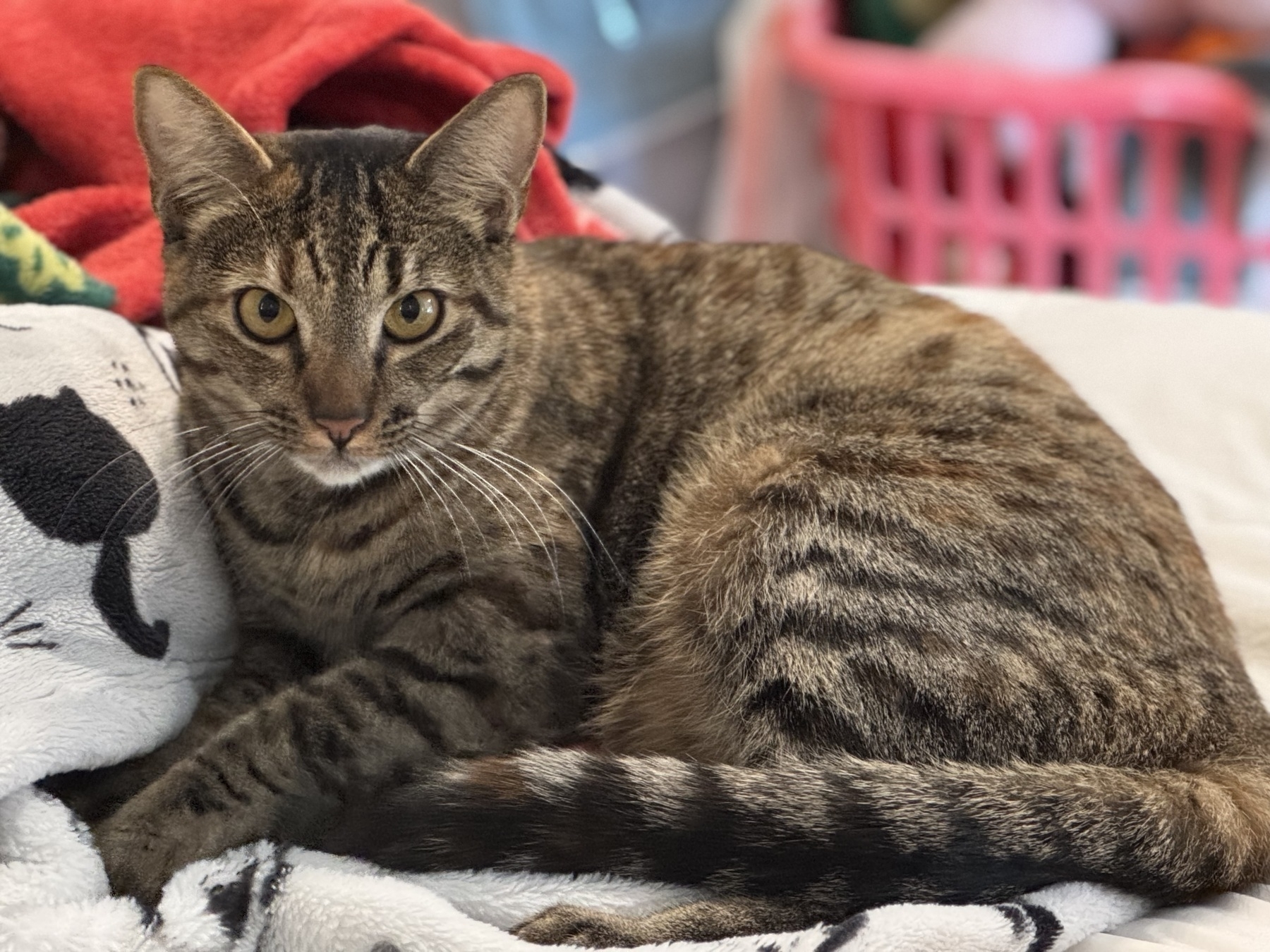
Today I learned you can’t just go adopt a cat. I figured you’d show up, find one you get along with, and then they’d put it in a bag or whatever for you and you’d take it home. Nope. There’s a lot more to it than that.
That feels a little counterproductive. Sure, you don’t want any weirdo to come in and leave with a living animal. At the same time, I’d think it would be a little easier and not require multiple visits and interviews. It’s a cat, not an infant.
Jort also likes learning about synthesizers.
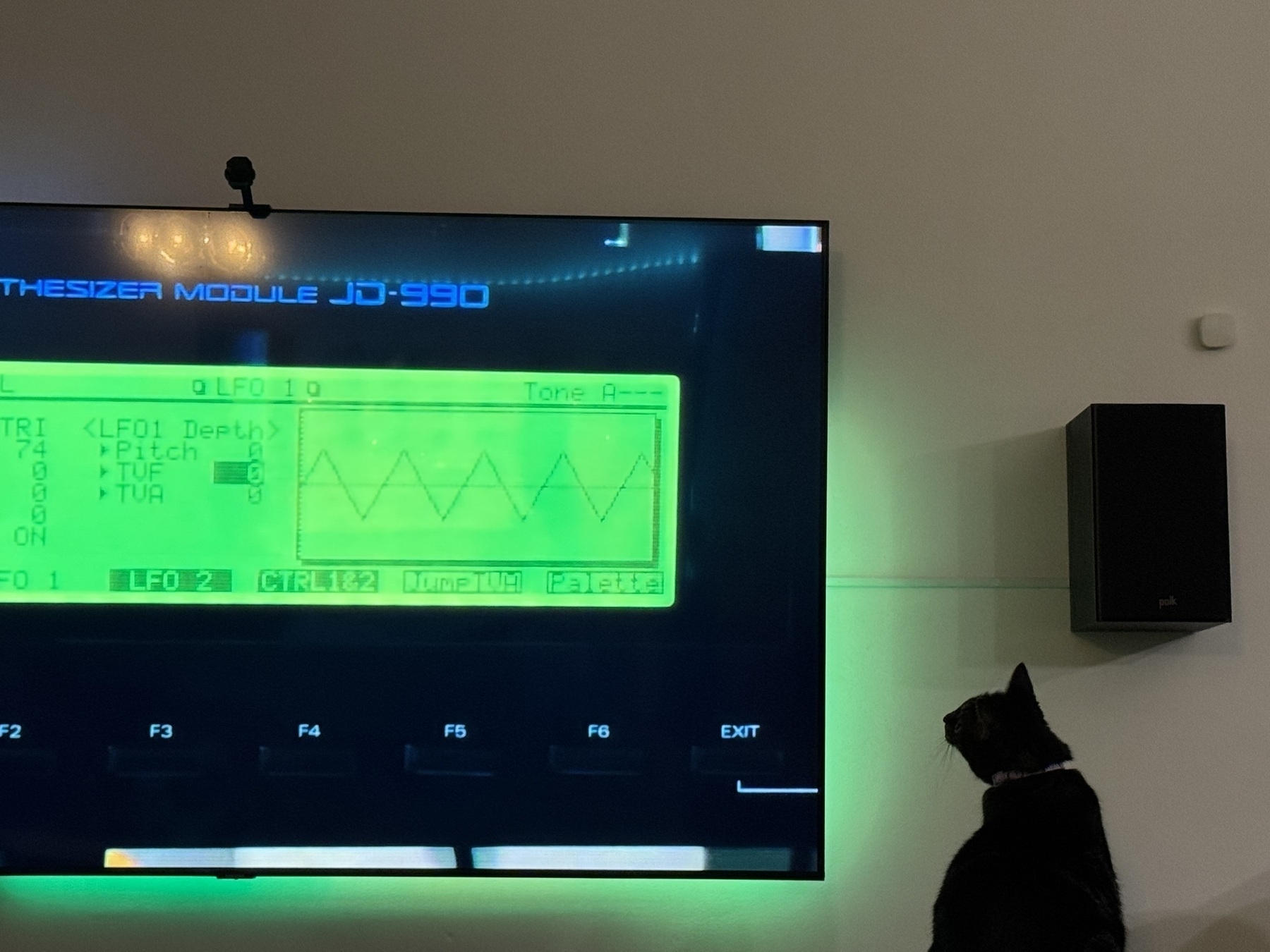
Jort is stair-ing at you.
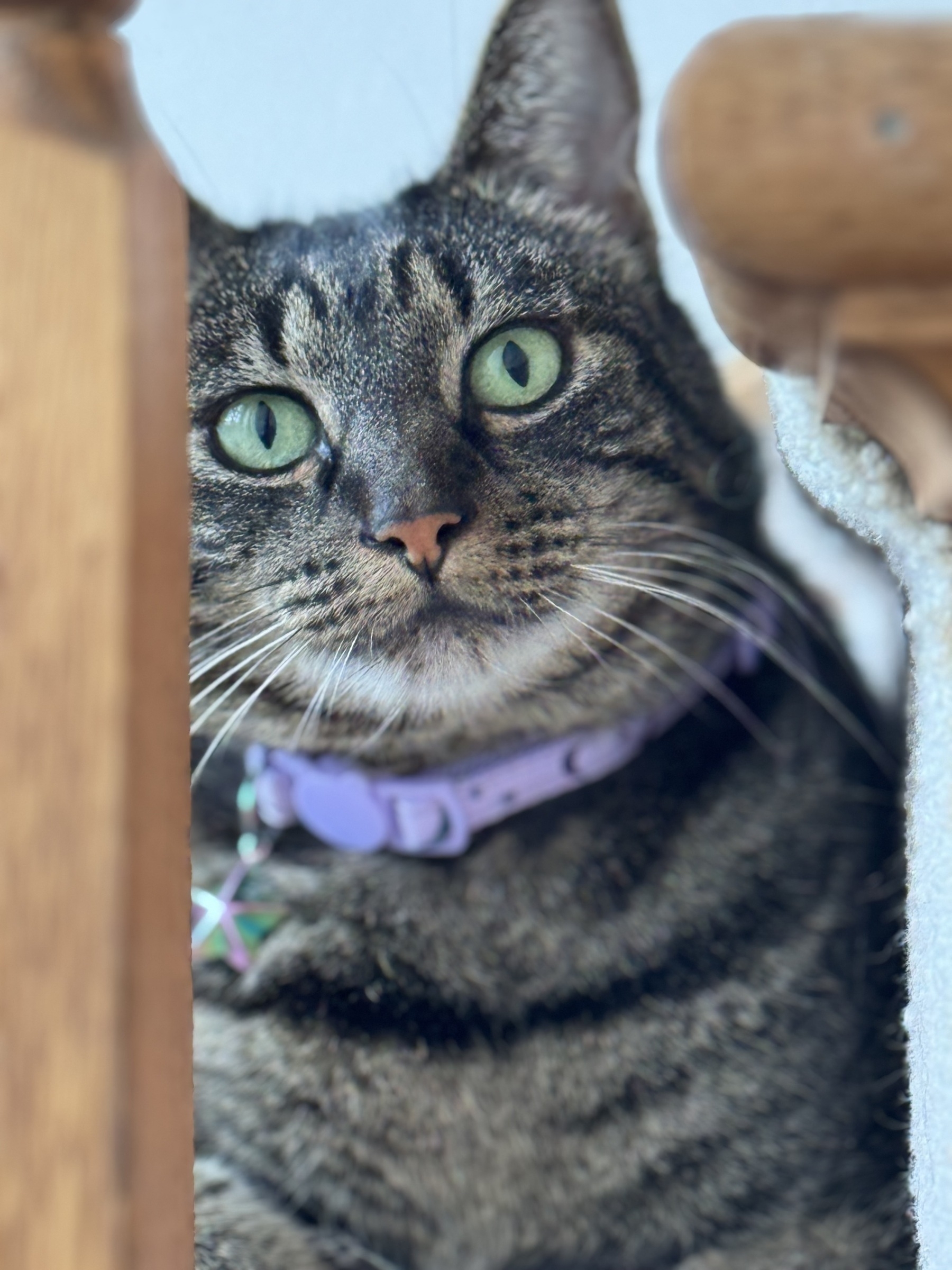
Chill, like Jort.
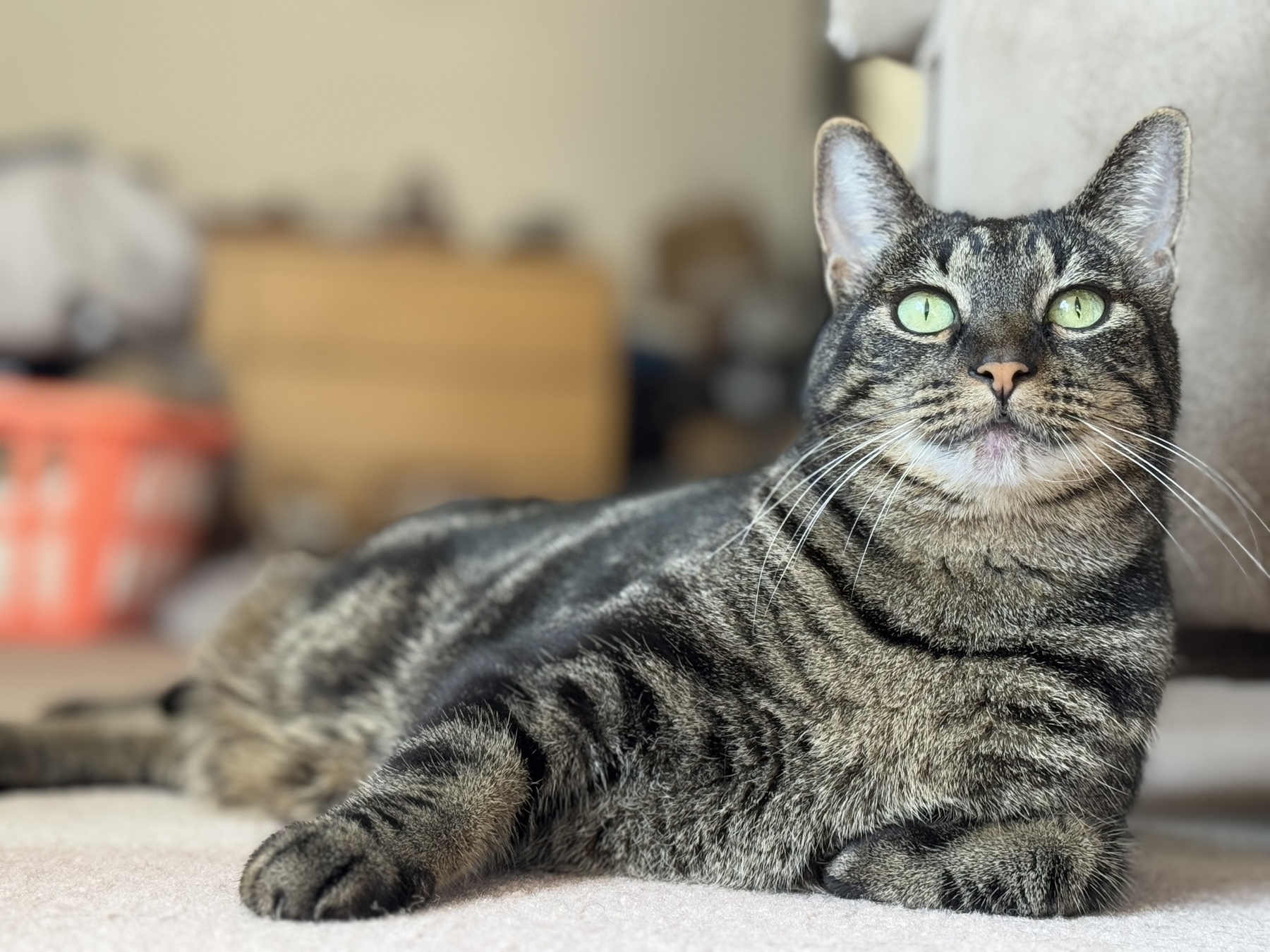
We’re dogsitting Holly. She thinks my jokes are hilarious.
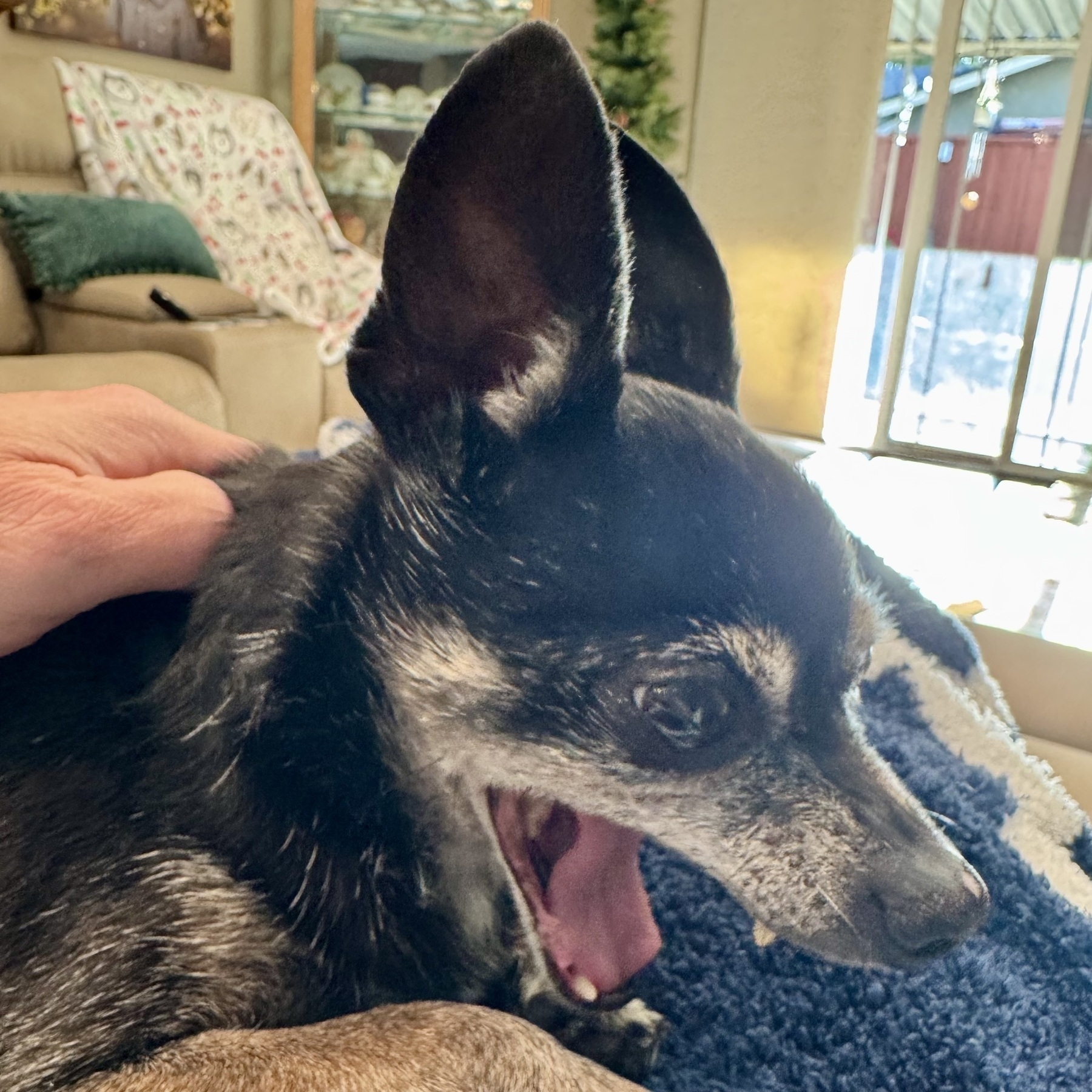
Last night we said goodbye to Gigi after a sudden medical event. She went to sleep surrounded by a heartbroken family who loved her very much.
Goodnight, sweet pup.
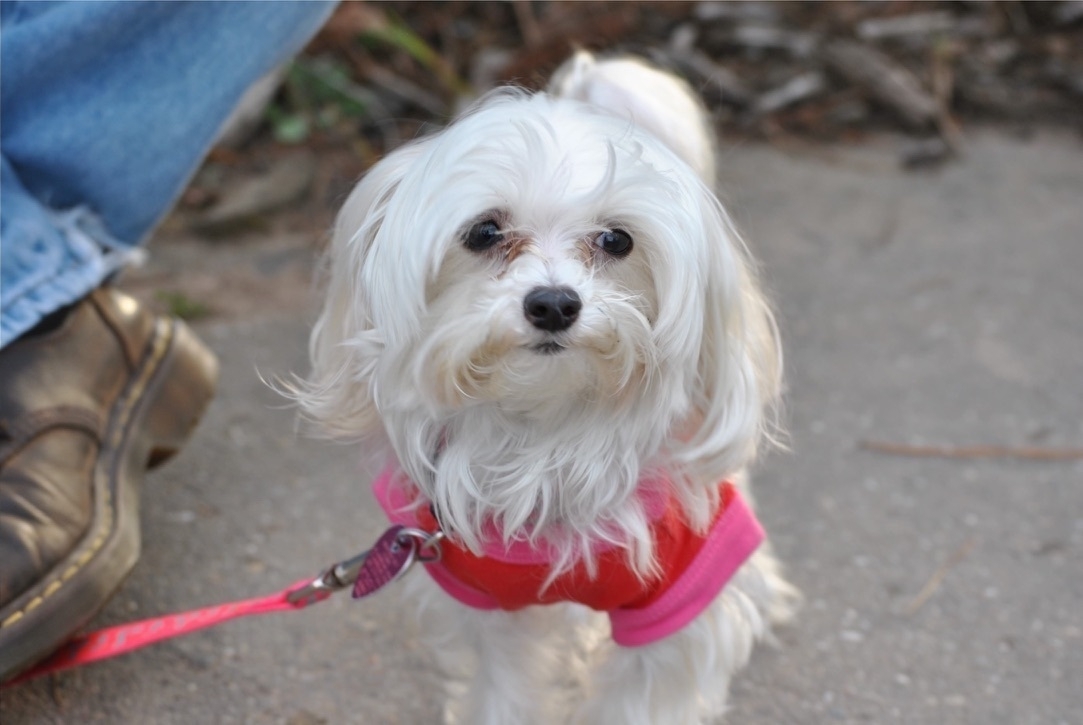
I was making the bed while the cat laid on it, surfing the waves of bedding as I shifted things around carefully to avoid chasing her off. Then it struck me that I’ll never be able to make the dog into the bed again, which was one of her favorite things. That hit unexpectedly hard.
Miss you, girl.
When we got this kitty, she was darn near feral. Now she won’t leave me alone.
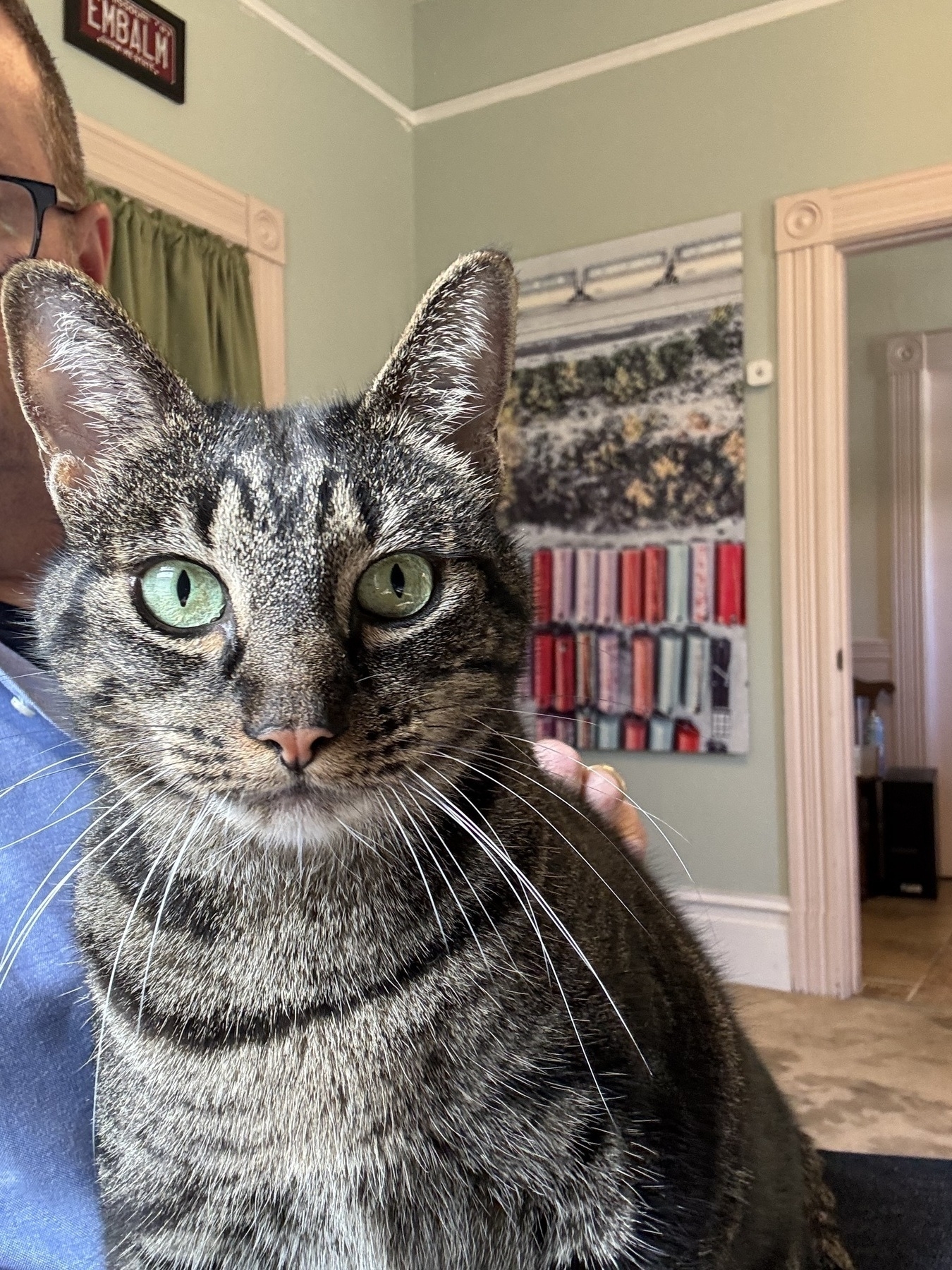
Gigi is a happy mess.
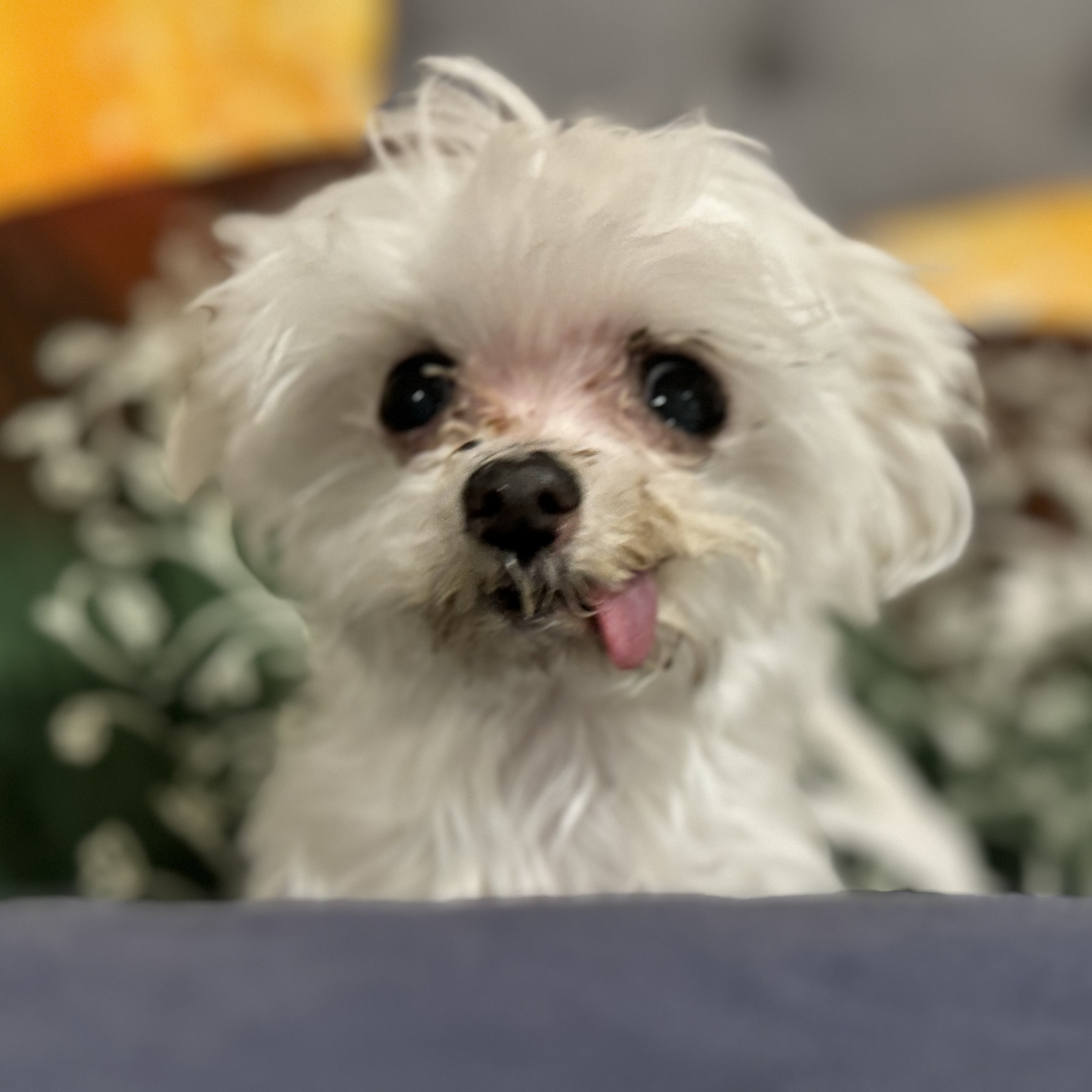
If the cupboard door is open, Jort will sense it and come running from across the house so she can climb in among the towels.
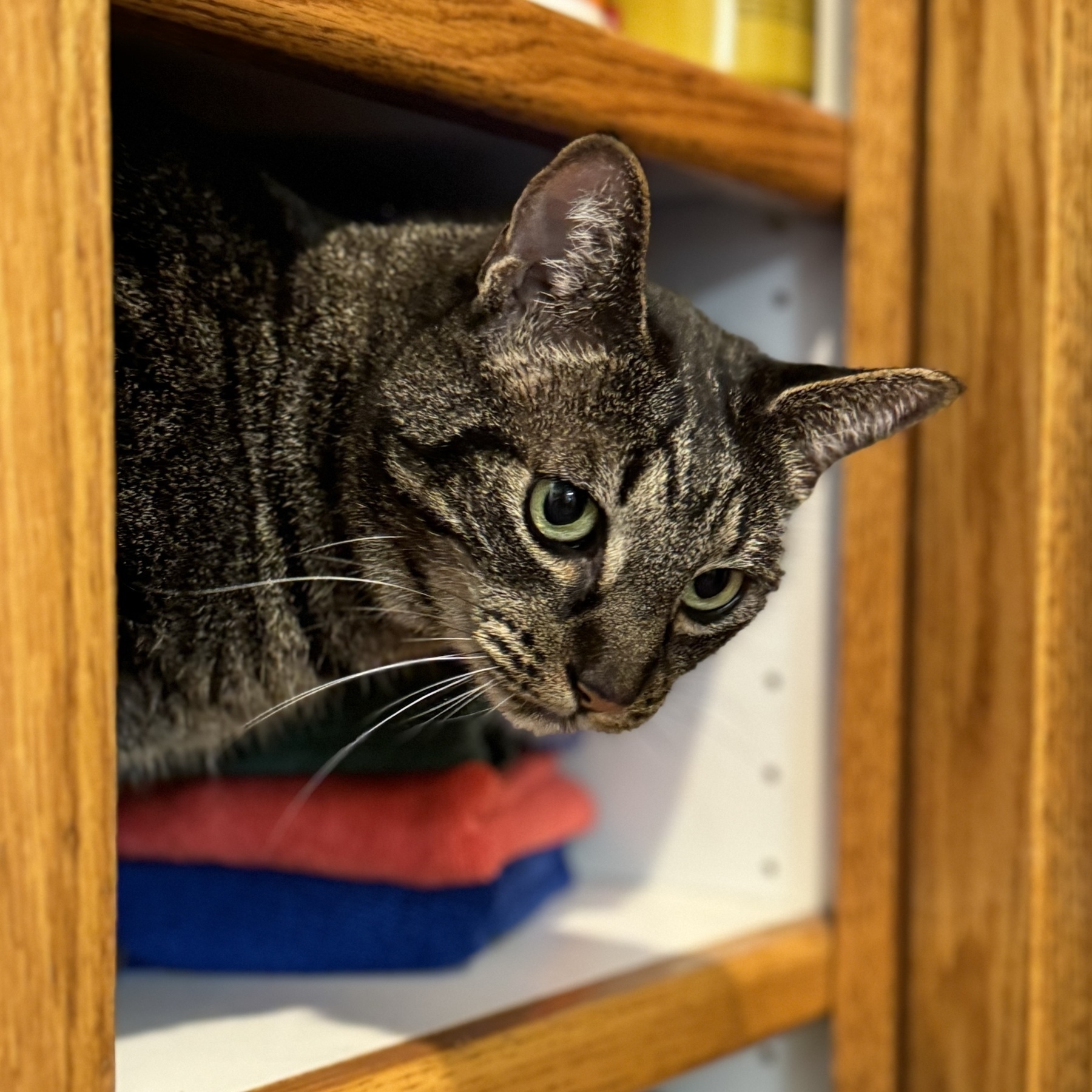
Mleh.
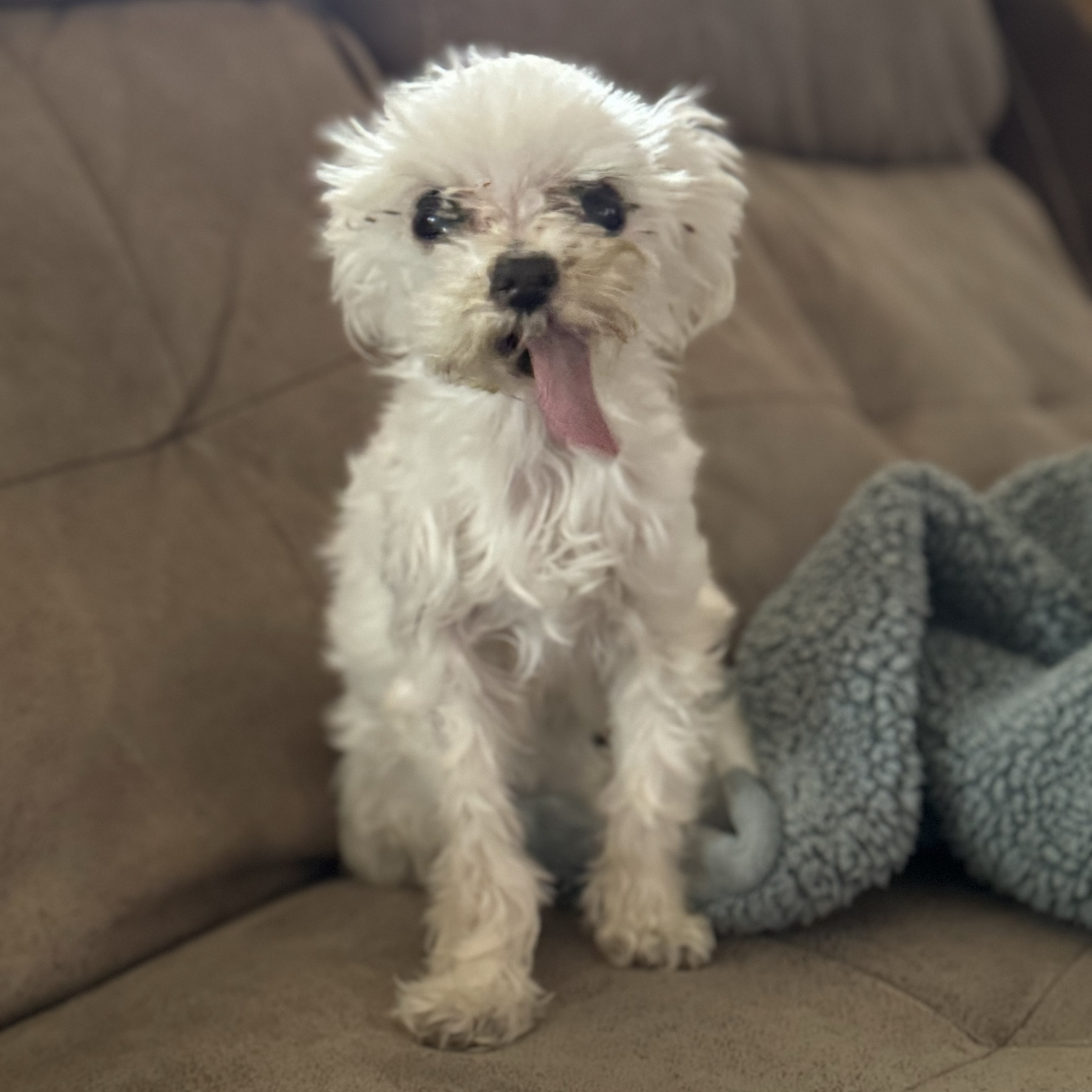
Keeva became ill in the last week. I took her to the vet expecting she’d need some medicine and TLC. Instead we got some very bad news.
Our sweet girl – verifiably the best pup ever – is going to sleep tomorrow. She’ll be surrounded by a heartbroken family who loves her very much and will help her rest as comfortably as possible.
Goodbye, sweetie. I’ll miss you forever.
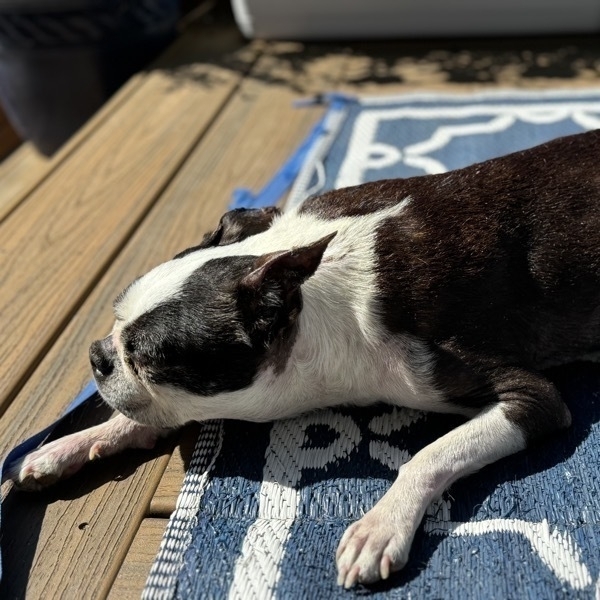
I have a shoulder dog.
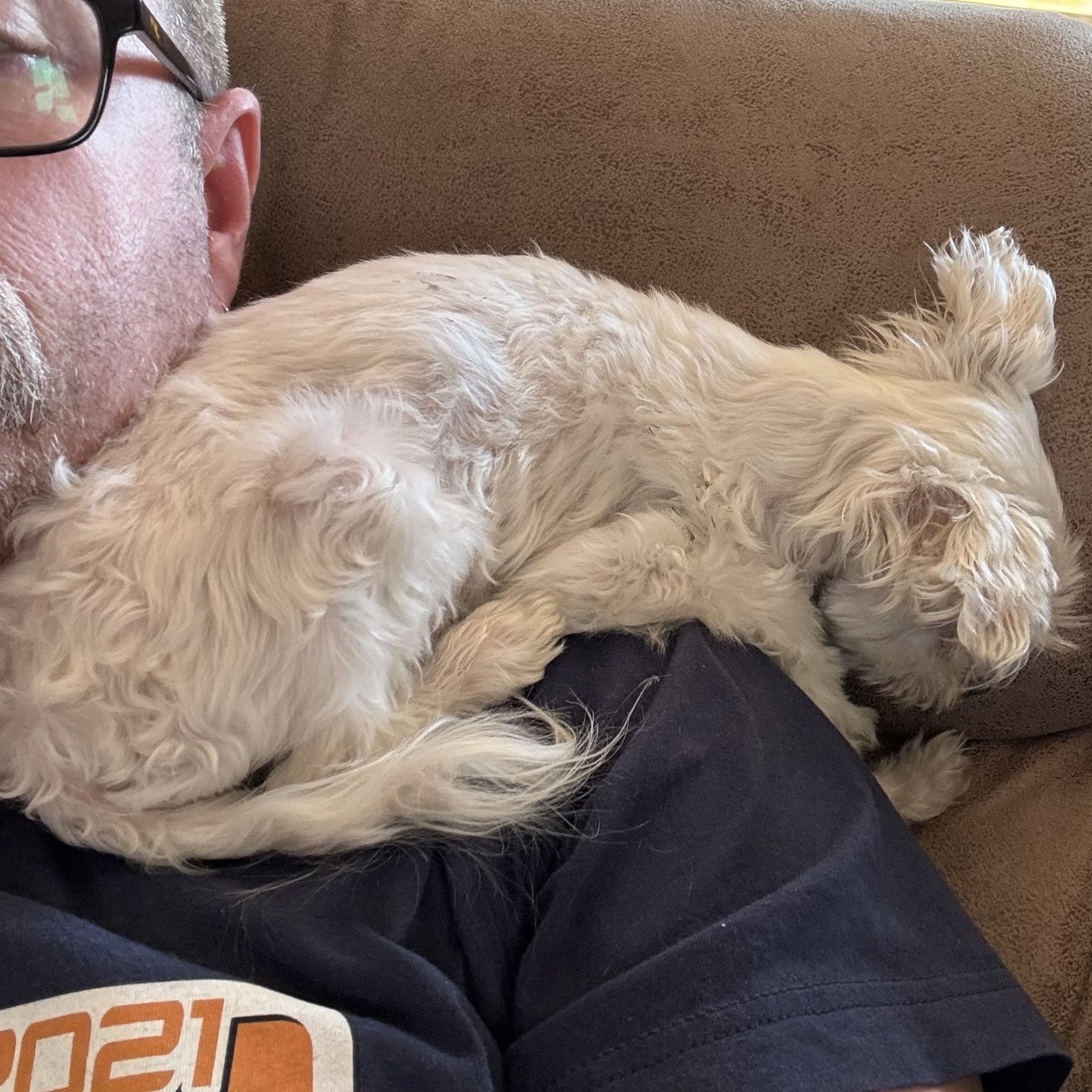
I told Keeva a funny joke.
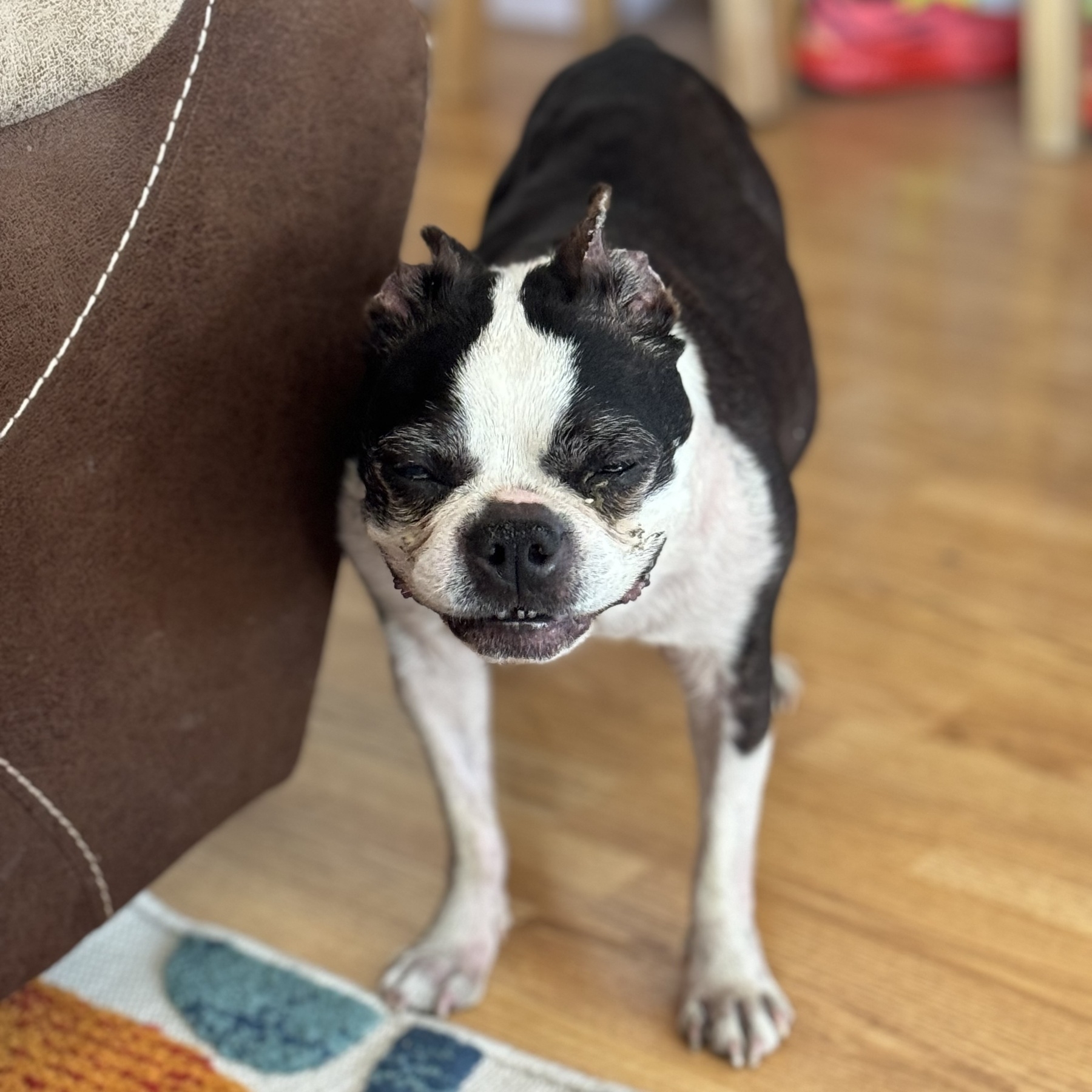
A sleepy Keeva caught a patch of sun.
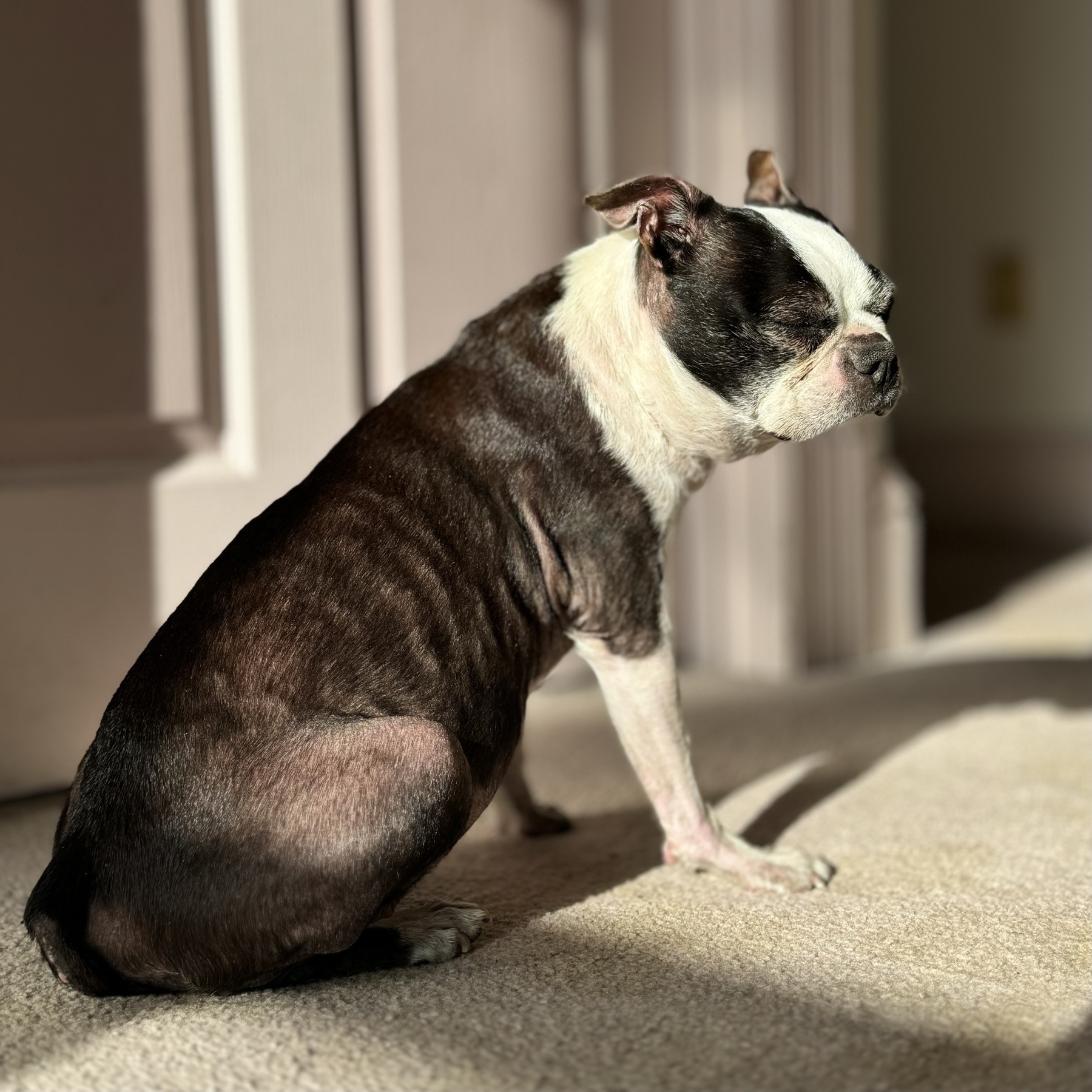
Gigi got a haircut.
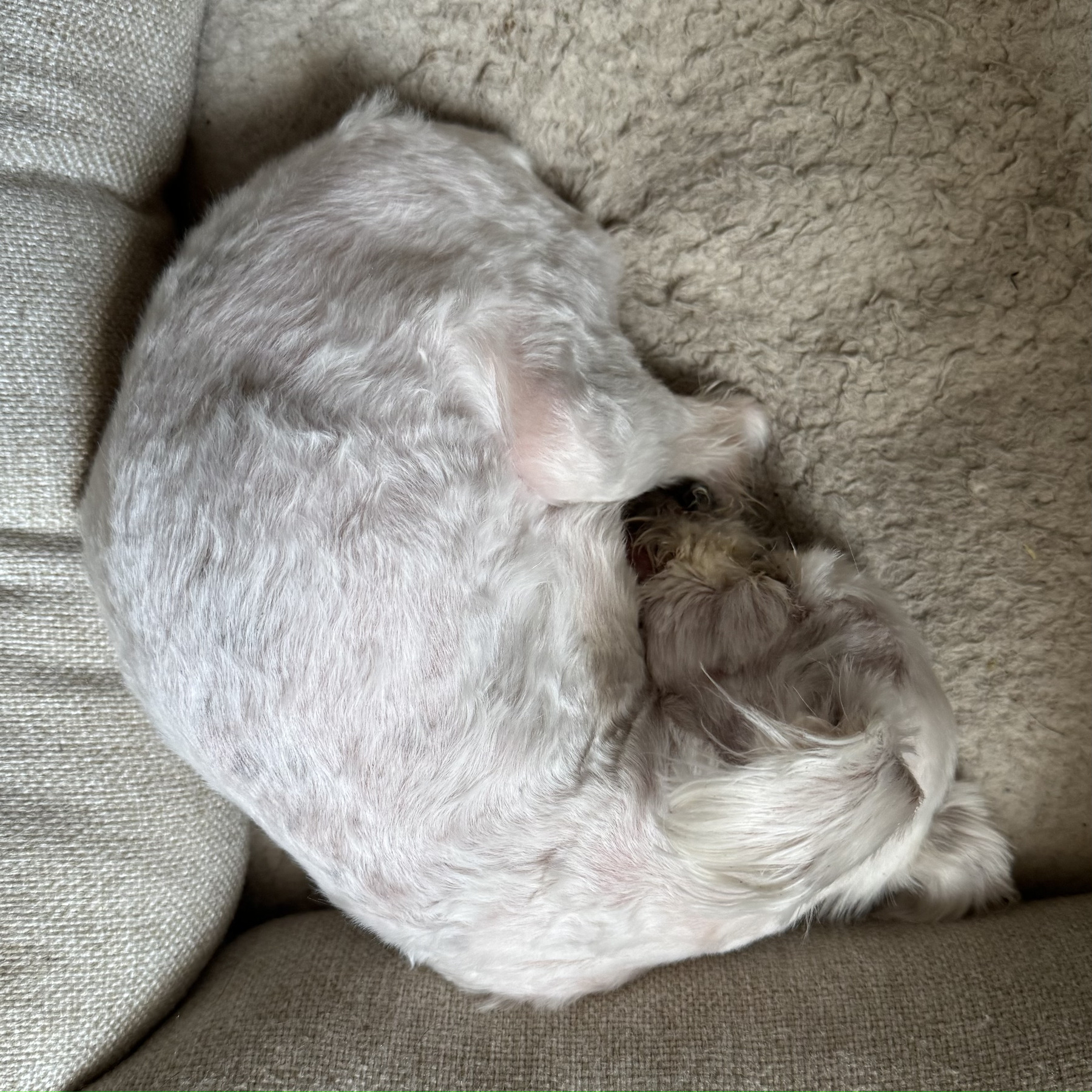
The cats are making an 80s alt rock album cover.
